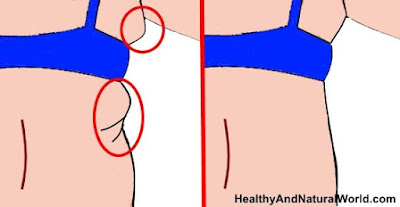An old man came in one day for a routine check at the doctor Erika Schwartz. She read the medical history, verified medicines that the old man took and asked him a few questions related to symptoms. Finally, she asked him to contact the cardiologist in order to change him medication.
The man was overweight, with a low testosterone levels in the thyroid gland and developed a series of eczema and rashes due to sleep dysfunction. After three weeks, Dr. Schwartz contacted the cardiologist to discuss the medicines taken and which in that combination, leaded to eczema. “The cardiologist told me I’m not good at science,” recalls Dr. Schwartz, who wanted to tell him that doesn’t belong to the same branch. “So I hung up his nose!”
After she discussed with the patient about the variants, the man decided to give up the treatment and follow Dr. Schwartz advice. And she has prescribed him a treatment that accelerates thyroid hormone levels and disrupted his medications for cholesterol. At first, the man thought he would be prone to a heart attack, but Dr. Schwartz says he managed to keep the cholesterol level in control naturally by correcting hormone levels.
Thyroid hormones are created by the thyroid gland, located in the front bottom of the neck. The two hormones triiodothyronine and tiroxina- are often known as T3 and T4. T4 is converted to T3 in cells and circulates through the bloodstream to our internal organs. Even if the thyroid is responsible for regulating energy of metabolism, these hormones act on all organs, from the brain to the heart and liver, supporting the proper functioning of all organs.
The most common disease is hypothyroidism- when the thyroid does not produce enough hormones to regulate body functions. Hypothyroidism can result from many internal or external factors, such as Hashimoto’s disease. This is an autoimmune disease in which the immune system attacks the thyroid.
source























